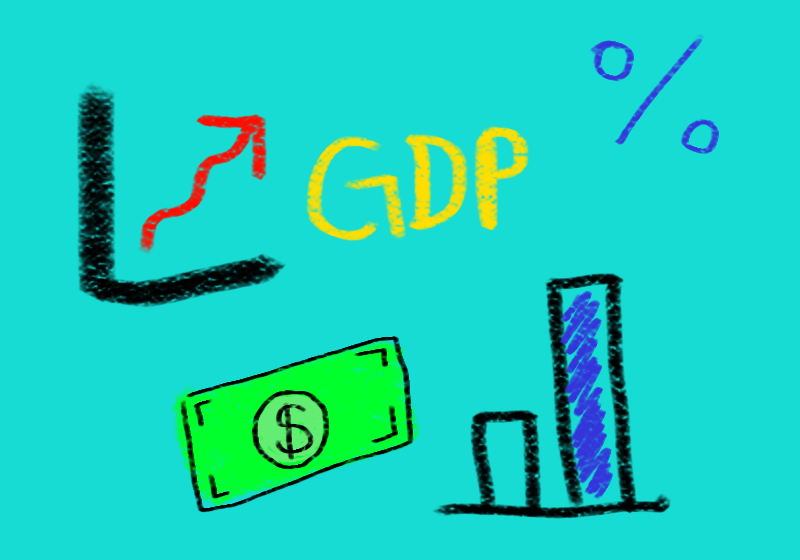Last semester my roommate took Economics 101, which our school named ECON 108: Principles of Economics to hide its true nature.
It started off innocently enough; he came to me with a light in his eyes, excited about the Economic Way of Thinking™. Each day after class he’d come back delighted about supply curves, demand curves, Professor Rizzo’s curves, or what Professor Rizzo had for lunch that day. While he lacked the basic understanding that the models learned in 108 don’t always work in the real world, I decided it couldn’t hurt to indulge him. It was just a cluster after all, right? Many a great engineer and scientist in history have lacked even a rudimentary understanding of economics. What harm (I naively thought) could this dear friend cause in just one semester?
I first noticed the problem when he burst into the room in an aura of unpleasantness. “Jimmy,” he said to me, “my girl just doesn’t understand comparative advantage. I keep trying to tell her that she is sooo much better than me at cooking and cleaning, and that I’m better at math and shit, and that if she does all my cooking and I do all her math homework, then it’s mutually beneficial for both of us.”
When I tried to explain to him that the concept of comparative advantage can’t really be applied to interpersonal relationships, he brought out a graph with the labels “Portugal” and “England” hastily scribbled out and replaced with “me” and “GF.” He clearly thought no more explanation was needed and left me to study this on my own.
From there the problems compounded. I was willing to overlook the basic annoyances, such as his grumbling “there’s no such thing as a free lunch” when we’d pass food being given out. I was also willing to look past some of his eccentricities, such as telling me to “leave him laissez-faire” when I’d ask him to clean his stuff out of common areas.
Some of the problems, however, were more serious. When he found me in tears over my grandfather’s cancer diagnosis and my family’s inability to pay the bills, he went on a 47-minute lecture about the pros and benefits to the medical system of opening up the market for human kidneys. I couldn’t understand the relevance of this to my situation, but to him, it was a panacea.
His issues to conceptualize human relationships continued. “What would you do,” he said, unprompted, “if a firm and his bitch wife decides that they can no longer continue to pay for my car even though I didn’t do anything wrong?” I asked him what was going on, and he said it was just a “thought experiment.”
This is all not to mention the problems I’ve had collecting his half of the rent (“rent-seeking is bad for the economy”). He had, by this point, gone past accepting the Economic Way of Thinking. He had adopted “Econ Brain.”
After putting up with this sort of behavior for most of last semester, I decided to confront him and work through the issues that had been plaguing us. I mentioned that we had been friends for a long time, and that I felt it was important to work through the issues that we’d been having, since a few months of difficulty shouldn’t put an end to a years-long friendship. He stared past me as I talked, waiting for me to finish. He grasped his hands together and crossed his legs. We sat for a tense moment as he gathered his thoughts. “Have you ever heard of the phenomenon whereby a person is reluctant to abandon a strategy or course of action because they have invested heavily in it, even when it is clear that abandonment would be more beneficial?”
I asked him to explain what the hell he was talking about.
“I believe that you’ve fallen victim to the sunk-cost fallacy.”



